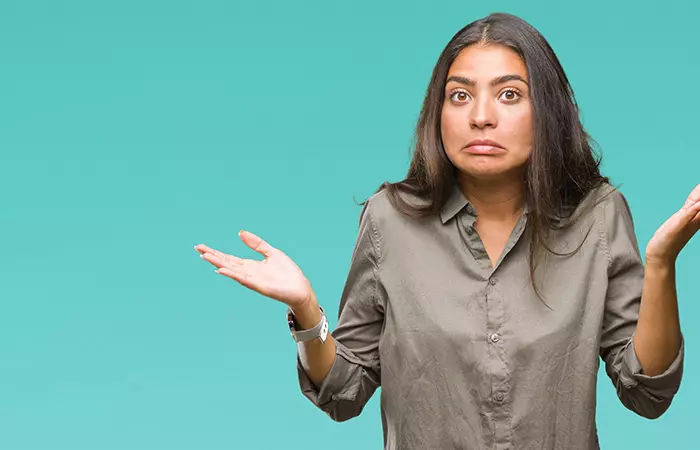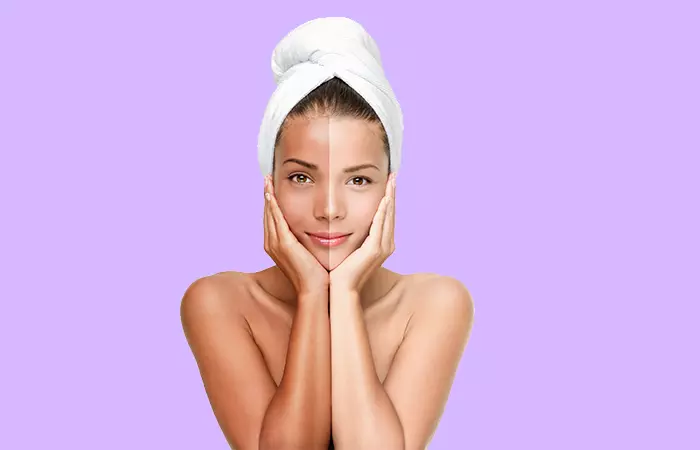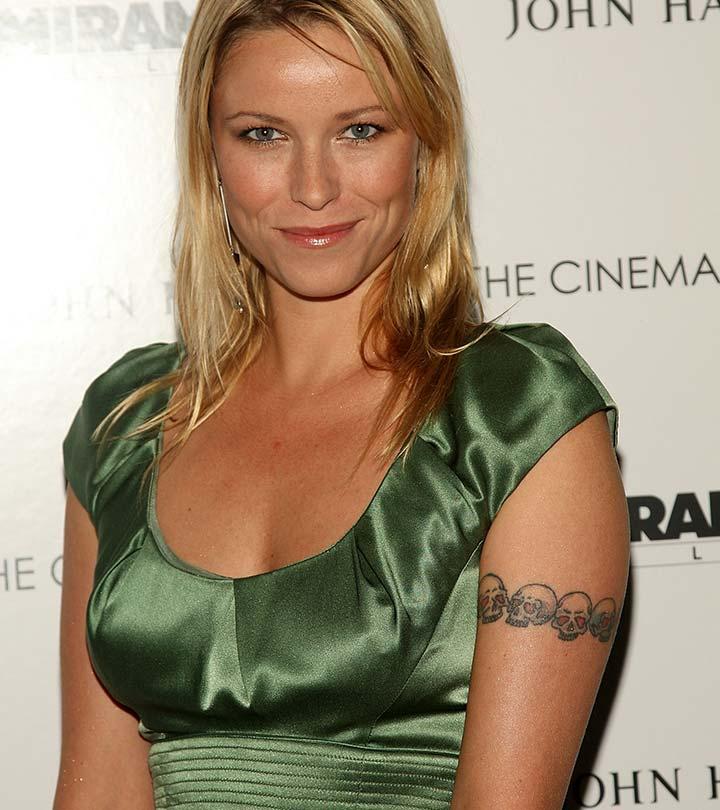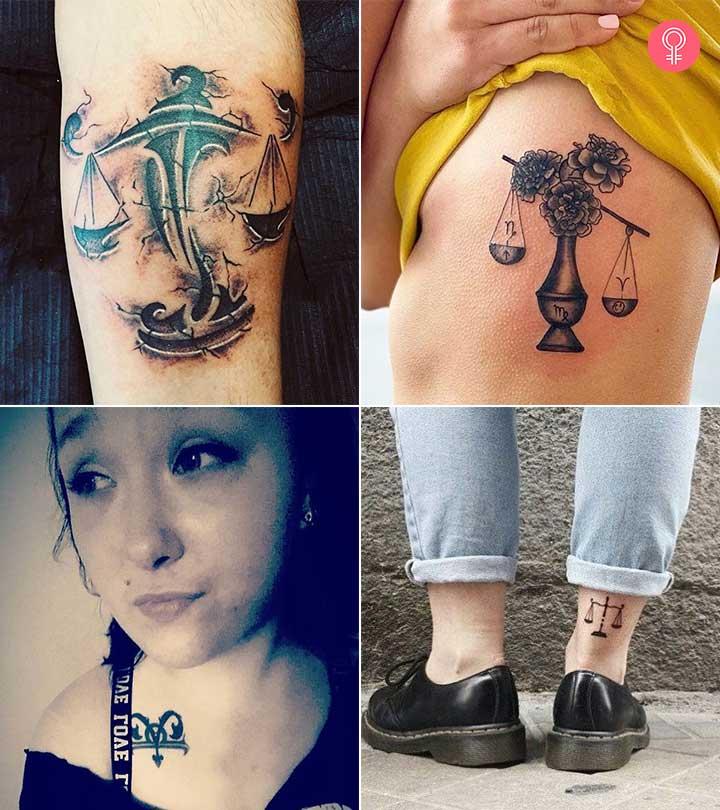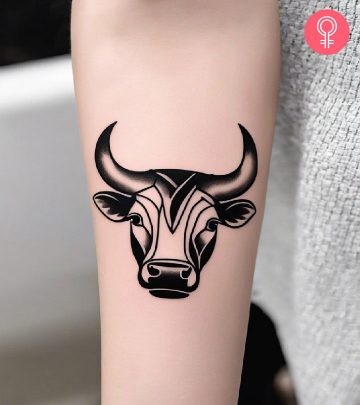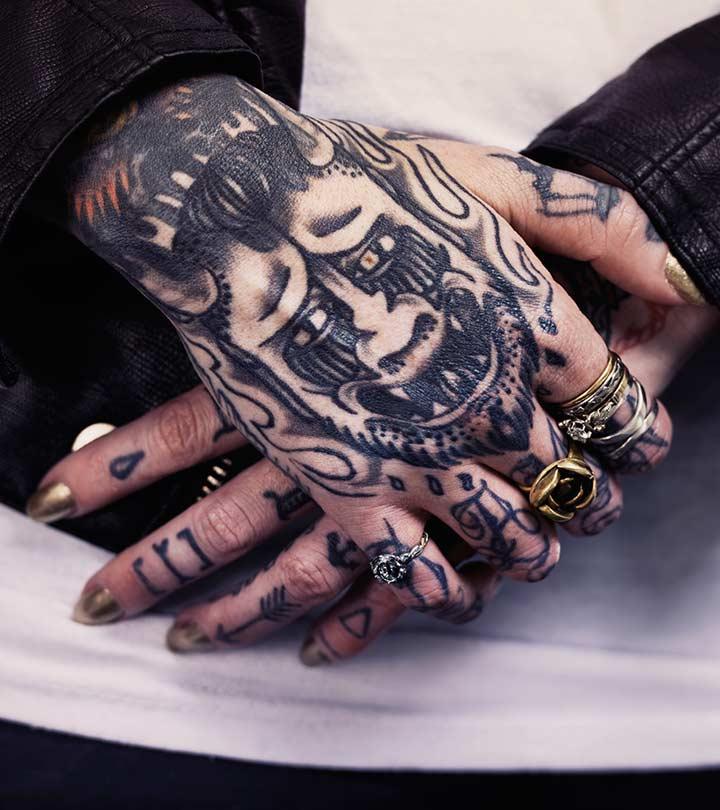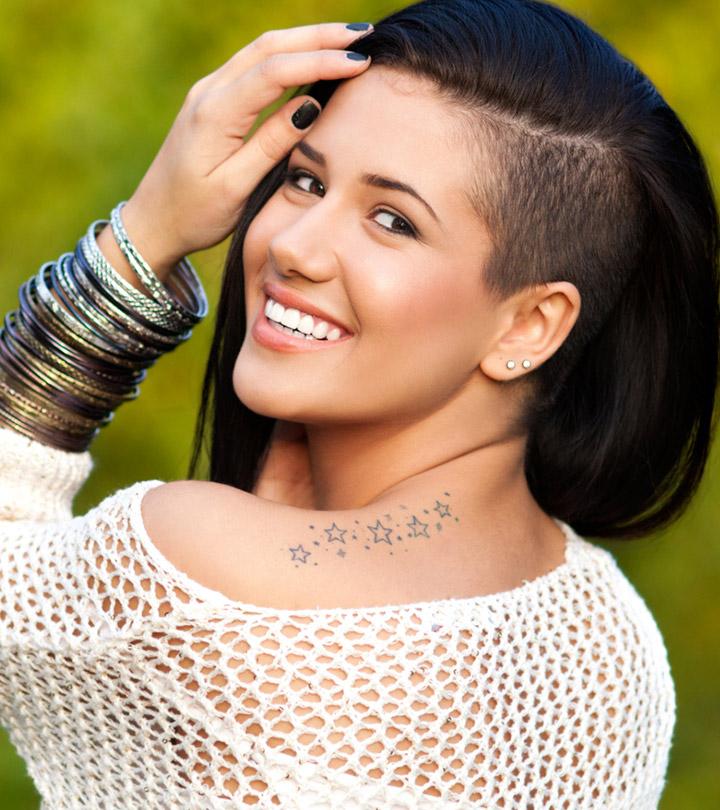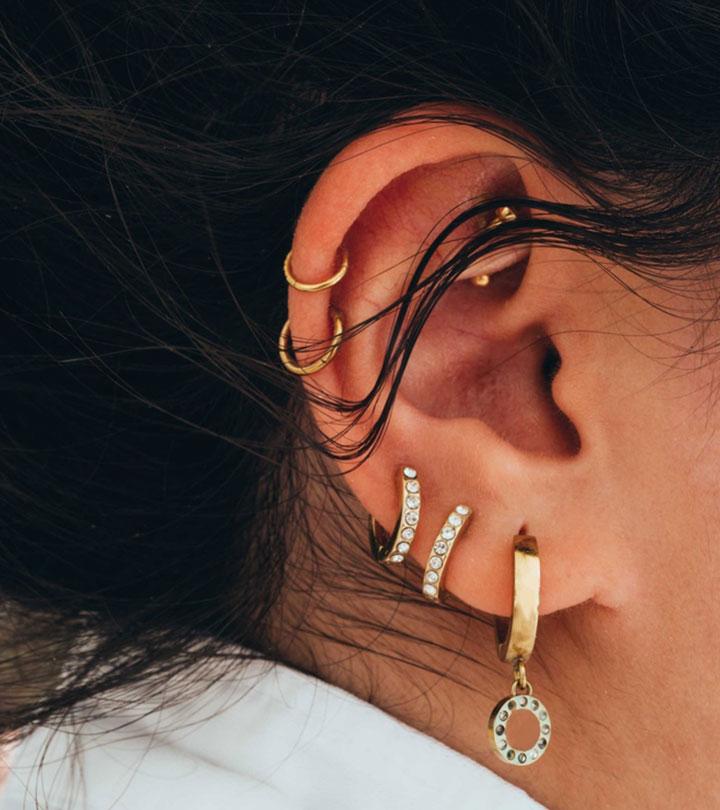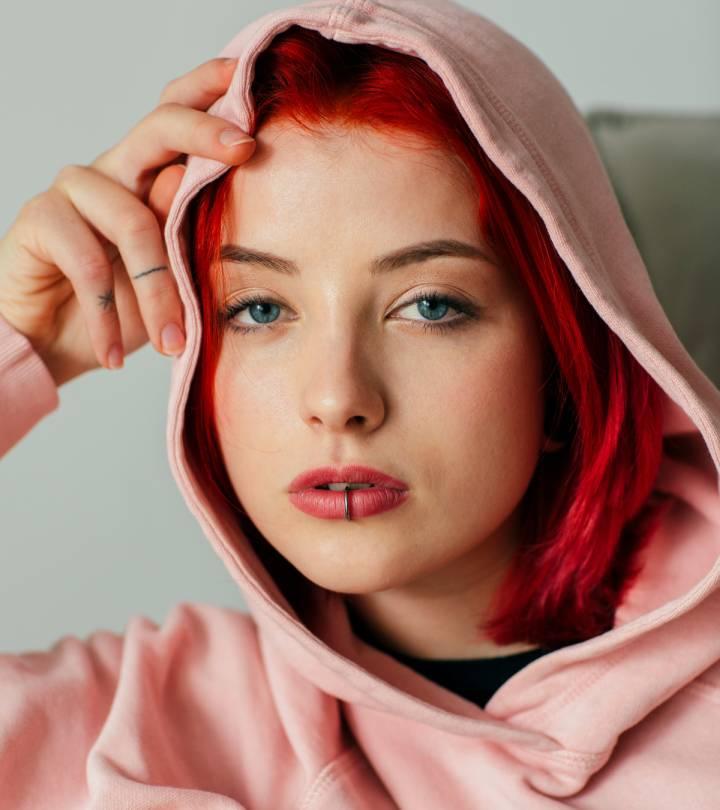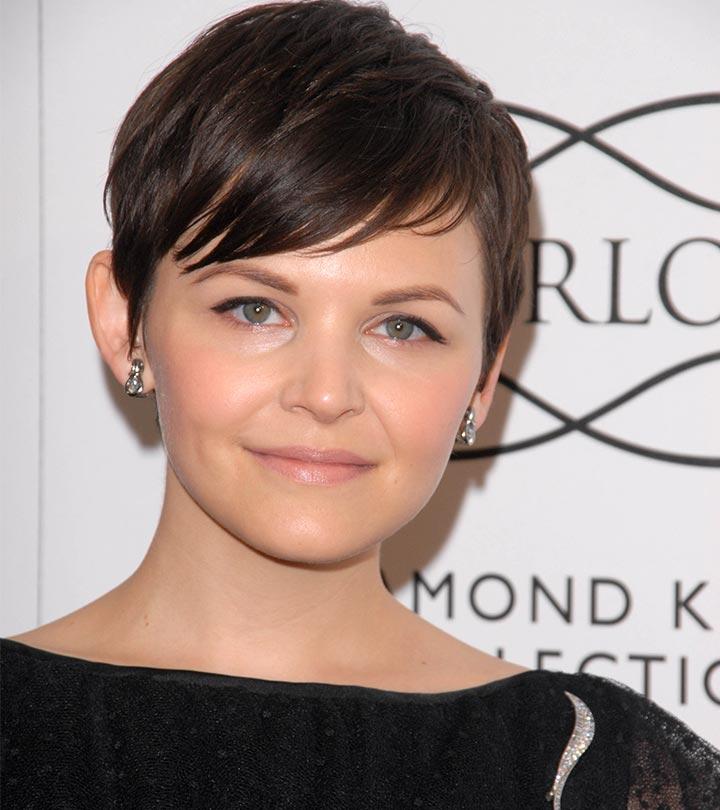Government Proposes 5-Year Jail, Rs 50-Lakh Fine For Ads Promoting Fair Skin; Lovely Isn’t Just Fair Anymore
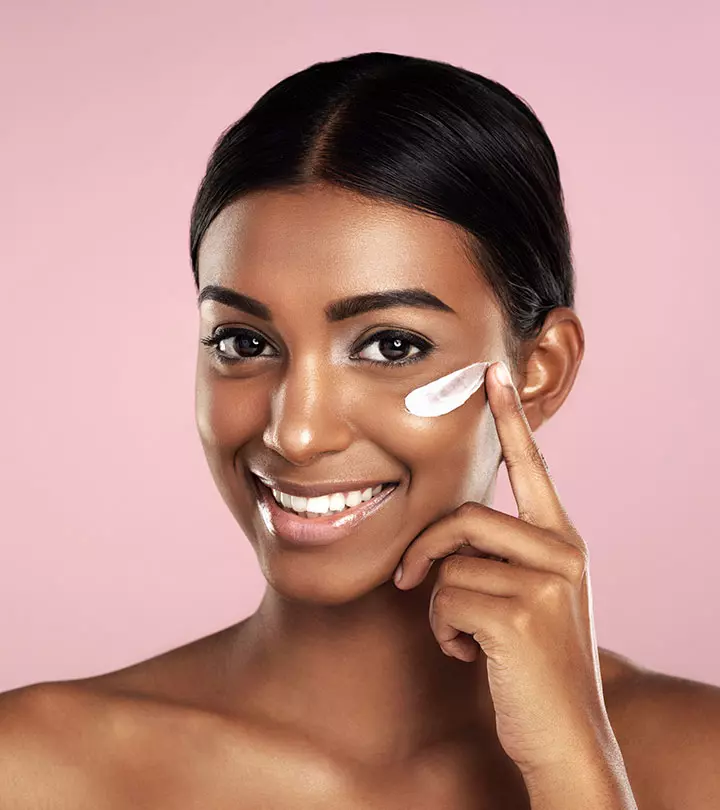
Image: istock
If you’ve grown up in an Asian country, you probably know exactly to what extent fairness products are promoted. From your barbershop to your TVs, the subliminal message has always been “being fair makes you more worthy of affection, jobs, relationships and more”. The advertisements have always been demeaning and discriminatory towards dark-skinned women and even men. Well, if the Ministry of Health and Family Welfare has its way, India will be one of the first few countries to ban advertisements that promote fairness creams and other objectionable products. Read on to find out what this entails.
What The Bill Says
The Drugs and Magic Remedies (Objectionable Advertisements) (Amendment) Bill, 2020 aims to stop the promotion of products that promise to cure issues that require medical intervention. These include advertisements that promote magical remedies to diseases and conditions like AIDS, impotence or erectile dysfunction, diabetes and more. The bill also aims to ban ads that promote anti-aging remedies, fairness cream and advertisements that claim their products will help people grow taller. There is no clear indication of whether the products themselves will be banned if the bill is passed, but direct advertisements will be banned for sure.
How This Will Impact Advertisers
The advertising industry has ways to subtly promote products without outrightly promoting them. This type of advertising is called “indirect” or “surrogate” advertising. In 1995, the Indian government placed a ban on the promotion of tobacco and liquor products. This was passed after the government conducted extensive research on the harmful effects of these products and aimed to stop promoting them (1).
Since the increase in population also saw an exponential increase in the number of people consuming alcohol, the government was concerned about the impacts of advertisements on consumers. Due to this ban, companies started to focus more on building their brands and sponsoring glamorous events and selling t-shirts, key chains, caps, etc with their brand plastered on it.
What This Means For Consumers
Considering how influential ads can be to the population of a developing country like ours, this is a great first step. We’re bombarded with ads on the internet, television, and streets and while most of us might claim to not be easily influenced by these ads, the truth is that this is far from reality. There are so many people who might see these advertisements as an answer to their problems. Considering that this is a country where lack of information and awareness is ridiculously common, many people might be putting themselves in harm’s way by using these products. A lot of fairness creams, for example, contain bleaching ingredients and other harmful chemicals that can cause extreme damage to the skin. Many dermatologists do not recommend the use of fairness creams for these very reasons (2).
Why Is Banning Fairness Cream Advertisements Important?
Imagine being raised in an environment where the fairness of your skin matter more than your educational status, your personality, and even your weight. If this scenario seems unimaginable to you, congratulations, you’re one of the lucky few. Unfortunately, not many women in this country can safely say the same. Even if you’re one of those oddballs who grew up in a bubble and were never exposed to these kinds of demeaning advertisements, not a lot of people can relate to it.
According to a popular news agency, fairness creams make up for 61% of the skincare market. The advertisements, especially by notorious fairness cream brands, aim to make dark-skinned women feel like they will never achieve anything in life if they don’t lighten the color of their skin. Dark-skinned women are overlooked for jobs, advertisements, college shows and more in these vile ads. Not only are these ads degrading towards dark-skinned women, but they are extremely misogynistic (they show men only paying attention to a woman if she has light skin or has lightened her skin). An even more alarming trend is that there have been ads targeted towards men as well and now men are also starting to feel the pressure of having to look a certain way (3).
What About Fairness Brand Ambassadors?
Bollywood celebrities like Yami Gautam, Deepika Padukone, Priyanka Chopra, Shah Rukh Khan, Aishwarya Rai, Sonam Kapoor, Saif Ali Khan and more have endorsed fairness creams in the past. In an interview with a leading magazine, Priyanka Chopra spoke up about doing fairness cream advertisements in her 20s and how much she regretted promoting them. She spoke about how she loves her skin tone and was very proud of the way she looked. On the other hand, there have been celebrities like Kangana Ranaut, Sushant Singh Rajput and even Swara Bhaskar who have opened up about rejecting hefty bags of cash and turning down advertisers who’ve approached them.
We understand that there will be loopholes and advertisers may find ways to advertise these products without violating the ban; however, there is a silver lining. The fact that so many people are speaking out about India’s hypocritical obsession with fairness creams and more and more people are boycotting these products is a major sigh of relief. We hope to see widespread acceptance of all skin colors from the population of our country in the near future. Do you think fairness cream advertisements should be banned in our country? Let us know your thoughts in the comments below.




